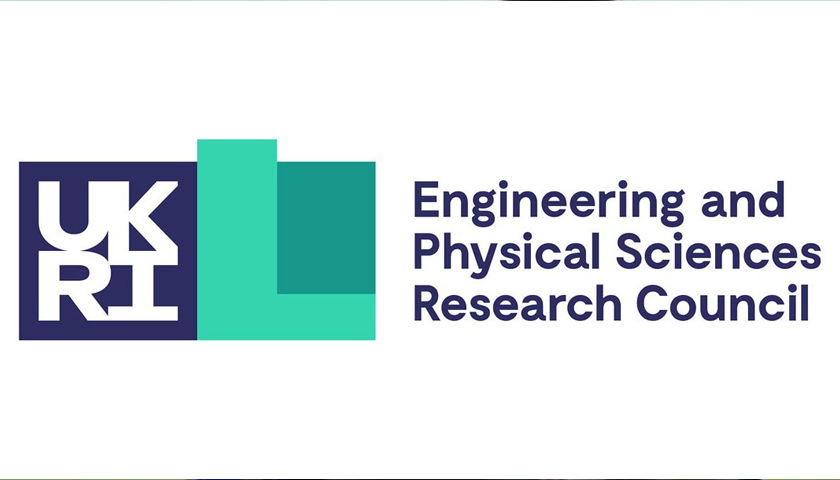Experts at the University of Birmingham and Imperial College London have launched a project aimed at revolutionising medical device engineering by incorporating a fourth dimension—time— into design to achieve new functionality. The 4D Health Tech initiative addresses a critical gap in medical device design: neglect of time-dependent changes in the human body. Traditional medical devices fail to account for growth, movement, and tissue regeneration or degeneration, leading to compromised functionality and shortened lifespan. For example, paediatric implants do not grow with the child and must be regularly changed. Stoma bags…
Read MoreTag: EPSRC
New hubs will lead innovation towards a net zero energy sector
An investment of £53 million in six research hubs and centres will drive forward change in the energy system and help to meet the UK’s net zero target by 2050. The energy research centres and hubs will boost knowledge, create innovative green technologies and reduce demand for energy to achieve greener, cleaner domestic, industrial and transport energy systems. UK Research and Innovation (UKRI) has awarded: £15 million for a new Energy Demand Research Centre that will provide solutions for energy demand reduction, understand the impact on consumers, and enable equitable…
Read MoreResearch centre boosts road freight’s delivery of carbon cuts
Quantities of carbon emitted by freight vehicles could be cut significantly thanks to breakthroughs at the EPSRC-funded Centre for Sustainable Road Freight. Established in 2012, this collaboration between the University of Cambridge, Heriot-Watt University and the University of Westminster is working closely with leading road hauliers and other companies with big road freight operations to help put the sector on a zero-carbon trajectory. Backed by £10.6 million of the Engineering and Physical Sciences Research Council (EPSRC) support supplemented by funding from Innovate UK and industry partners, the centre has already…
Read MoreEPSRC takes action to address gender bias
Responses to a community survey will help to shape actions to address the under-representation of women in engineering and the physical sciences. The Engineering and Physical Sciences Research Council (EPSRC) will explore how to deliver a number of actions, including different modes of application and unconscious bias observers in funding panels. There were 361 responses to the survey, which was launched to gather the community’s perspectives on the previously published Understanding our Portfolio: a gender perspective report. Findings in the report included: women are consistently under-represented in EPSRC’s principal investigator…
Read More
